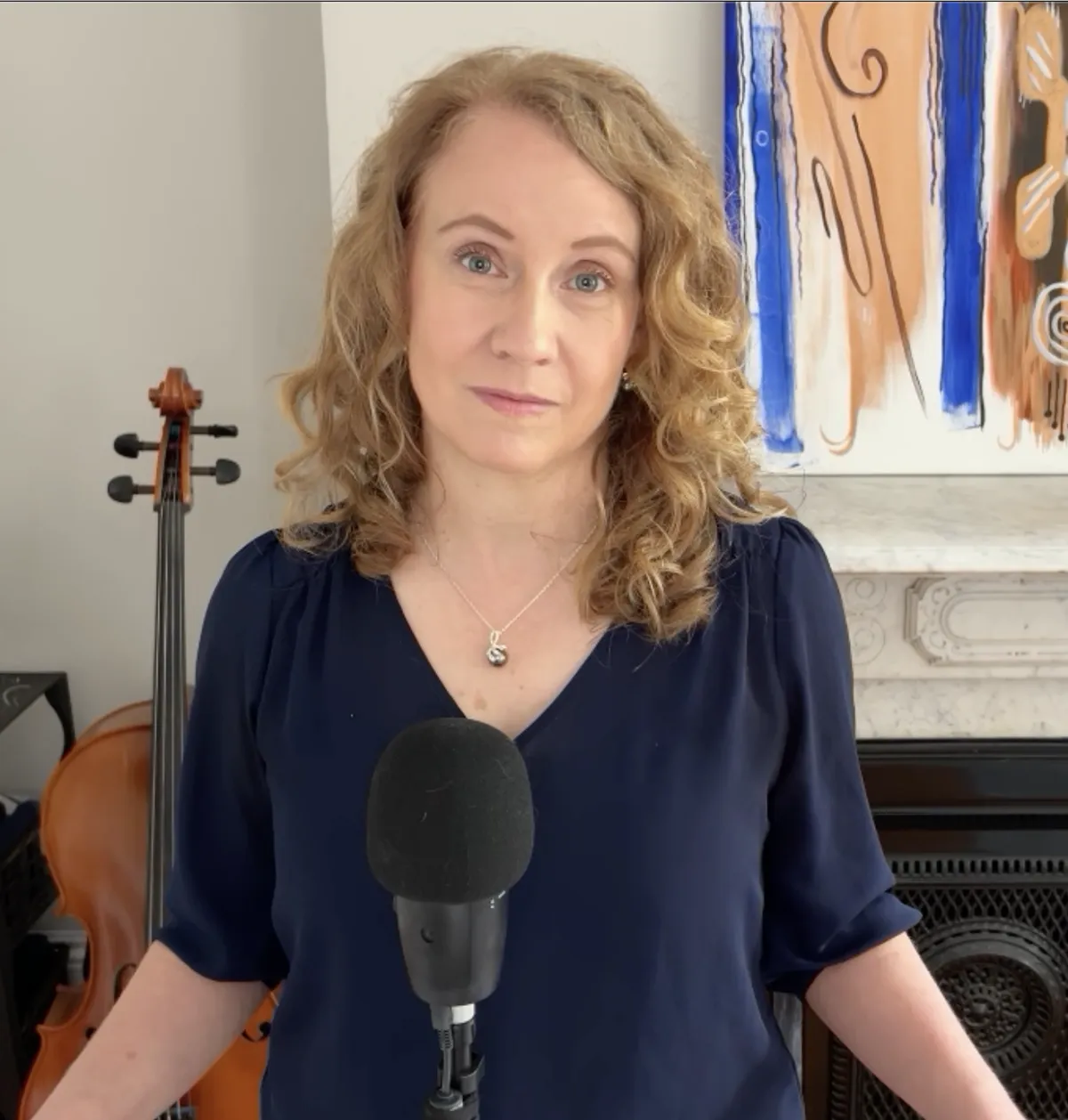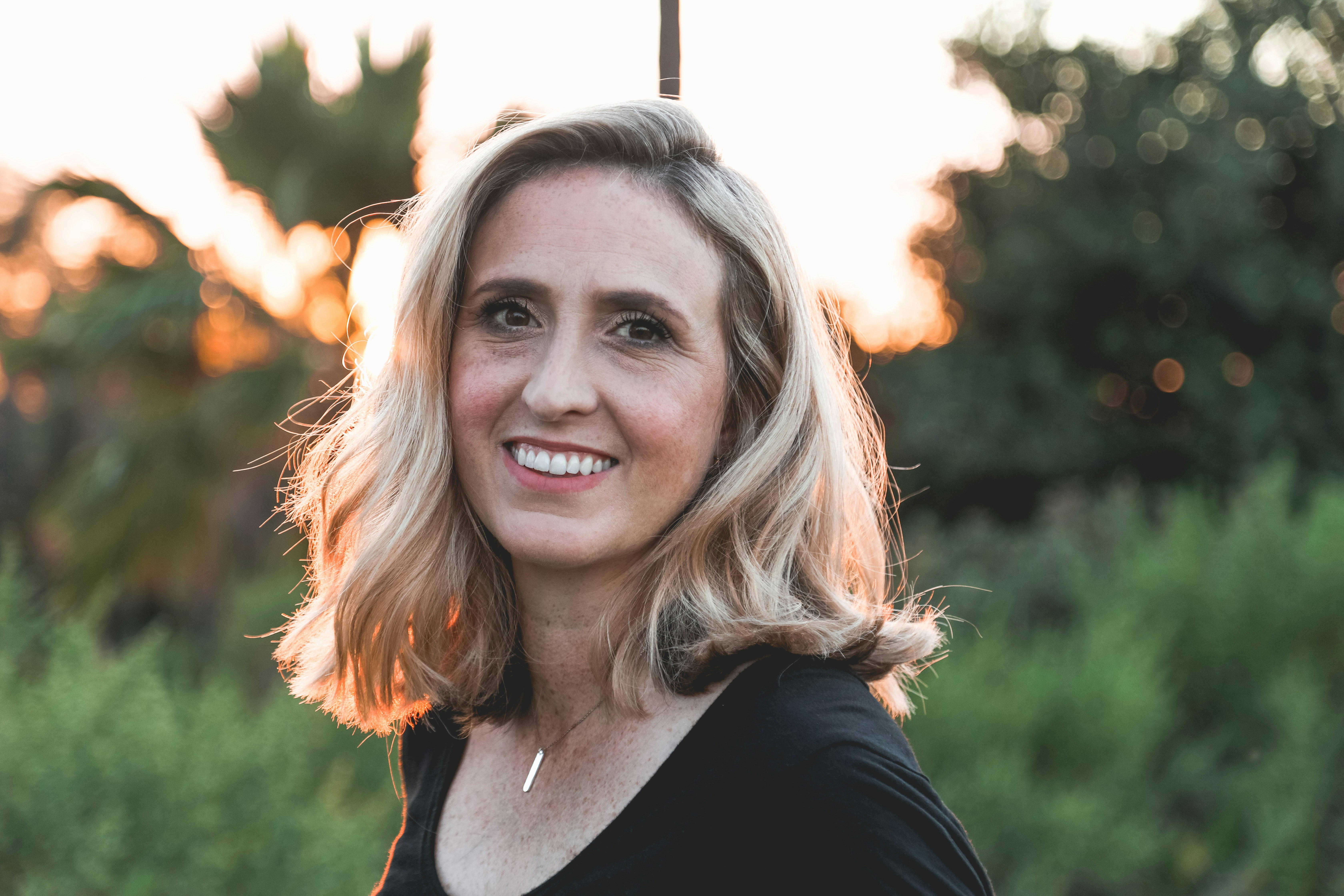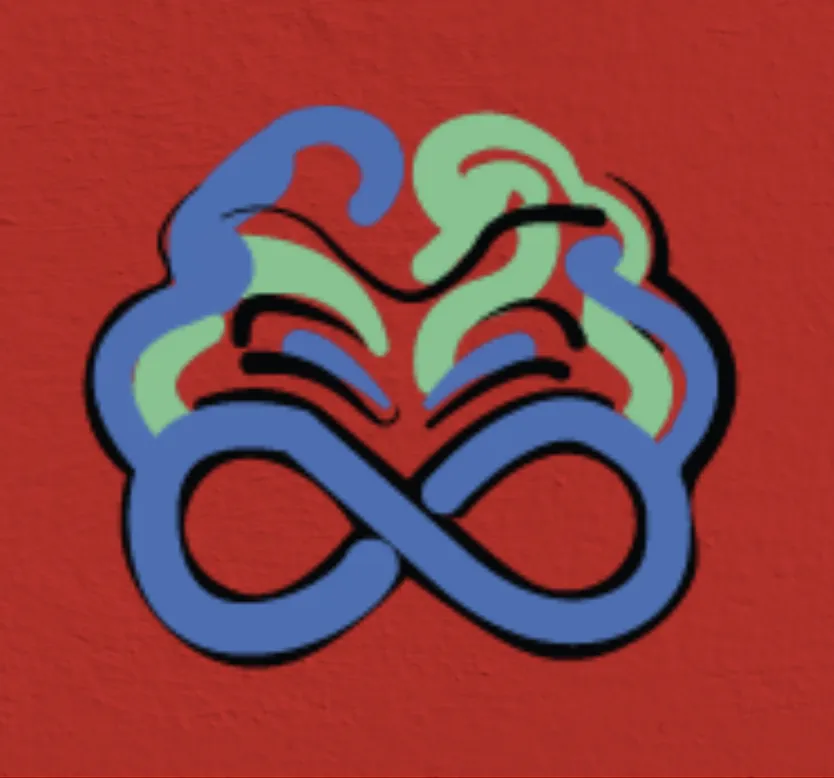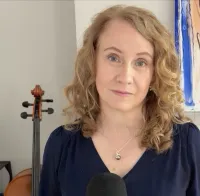

Where YOU get REAL Support and REAL Solutions
Defining Success Together
Autism and marriage aren't easy. We're here because we really get it.
REAL Neurodiverse Marriage
About Anne MacMillan
I built my original Neurodiverse Family Systems Theory on my education, personal life experience, and the professional experience I gained in the private neurodiverse services practice I founded in 2017.
Today, my services extend to support other professionals who have come to the new realization that neurodiversity is at the heart of many of the relationship challenges their adult clients face. Professionals can earn my Neurodiverse Family Systems Educator Credential (NFS-E) then use my practical 10-Step educational system, including quantitative assessments and support resources, to help their clients comprehend their relationship challenges and find the happiness and peace they deserve.
I have a research-based master's in psychology from Harvard University and studied developmental psychology as an undergrad. I received the Director's Thesis Award at Harvard for my original research on Level 1 autism and intimate life partnerships -- some of the first quantitative research on the subject in the world.
Altogether, I have over 50 years of personal life experience with neurodiverse family systems, over 20 years of personal life experience with neurodiverse intimate life partnerships, and 8 years of professional experience working with individuals managing the challenges of neurodiverse family systems.
I self-identify as a high body empathetic neurodivergent who just might also be a bit attention neurodivergent (ADHD). I am not autistic.

Anne MacMillan, MLA
Founder of the 10-Step Neurodiverse Family Systems Approach, Speaker, Researcher, Consultant, Coach, Educator and Expert Witness
Online Course Available Now
Married to Autism? Your Journey to Connection and Ease
An Online Course for Neurotypicals
and Non-Autistic Neurodivergents
Only $34.99 USD
Get the benefits of my education and life experience for less than the cost of one restaurant meal for two!
Neurodiverse relationships can be very confusing. Comprehending YOURSELF and the ways autism affects YOU can make all the difference. Take this first step towards
making life changes that will bring YOU the
Connection and Ease that YOU deserve.

Vicki R.

Found her insights spot on. I gifted this course to 2 others before I even finished it. Refreshing thoughts. Focus is on you, the NT of the relationship with great ways to look at things from both sides. Been married to Autism for 45 years and found this course something I will review on a regular basis to support myself.

Katie G.

This is a MUST for anyone who has a partner with autism. No matter where you are in your relationship, even if your relationship has ended, this is for YOU! Anne’s knowledge, compassion, guidance is unparalleled and unprecedented. Thank you Anne.
My Services
I offer consulting and coaching services to support you in achieving what you want from your life and for your partner, family and children. I work with either the autistic or the neurotypical partner.

Anne MacMillan, MLA
Founder of the R.E.A.L. 10-Step Neurodiverse Family Systems Approach, Speaker, Researcher, Educator, Consultant, Coach and Expert Witness
My Newest Blog Posts

What is a Neurodiverse Adult Relationship?
Often neither partner knew about the autism when the relationship began.
What is neurodiverse marriage?
A neurodiverse intimate adult relationship is a relationship between a person with high-functioning autism and a typically developing, or “neurotypical,” person. Neurotypical people are people who don’t have autism or another developmental disorder. In a nutshell, high-functioning autism is autism (or ASD) without cognitive or language impairment.
Many people with high-functioning autism will marry and have successful careers.
Chances are that some of the high-level employees in your workplace have high-functioning autism. They can be doctors, surgeons, data analysts, financial analysts, IT professionals, programmers, physicists… you name it. Those who are able to find employment within their niche interests are often able to contribute unique skills to the workforce. And not all people with high-functioning autism in the workforce are in exceptionally high-level jobs. In most cases, their colleagues will not be aware that they have ASD. Your colleague in the next cubical could have ASD and you wouldn’t necessarily know it.
Autism has a genetic component and sometimes people with high-functioning autism aren’t themselves aware that they might be on the spectrum until a family member, usually a child, is diagnosed. In some families, one parent and one or more children have ASD.
High-functioning autism is easier to recognize in children than adults and until the last twenty years or so, most children with high-functioning autism went without the advantage of a diagnosis. These children used their intellect and their resourcefulness to develop compensatory strategies on their own. By the time they reached adulthood, those strategies masked the most obvious signs of ASD.
Often, neither they nor their current intimate partners knew about the autism when their intimate relationships began.
Intimate adult relationships between typically developing adults and adults on the autism spectrum are mixed relationships because the partners are neurologically dissimilar in a manner that affects their communication and social interactions. Intimate adult relationships are commonly accepted as the most important relationships of one’s lifetime and successful communication and social enjoyment are critical to adults’ satisfaction within them.
Currently partners in neurodiverse relationships have few resources to help them navigate their differing communication styles. There is more acknowledgment that neurodiverse relationships exist now than there was just a few years ago, but the professional world is still scrambling to figure out how to support individuals managing them.
Most of us have heard of mixed-orientation relationships and mixed-faith relationships and the difficulties that arise between partners who navigate these differences. It is less common to consider the friction that may occur when the incompatibility between partners is neurological.
My programs provide information, strategies, resources and support for typically developing members of mixed-neurological relationships and their partners.
My Research
Some of the world's first quantitative research on autism and marriage
I was working on a master's in psychology at Harvard University when I realized my husband of almost 20 years was autistic. I was shocked by how little was known about an issue that affected my own life so dramatically. So, I shifted my research interests to autism and marriage and was ultimately given the Director's Thesis Award for my work.

My White Papers and Pamphlets
© 2024 R.E.A.L. Neurodiverse
All Rights Reserved
anne@REALneurodiverse.com
Text or Call: (617) 996-7239 (United States)
